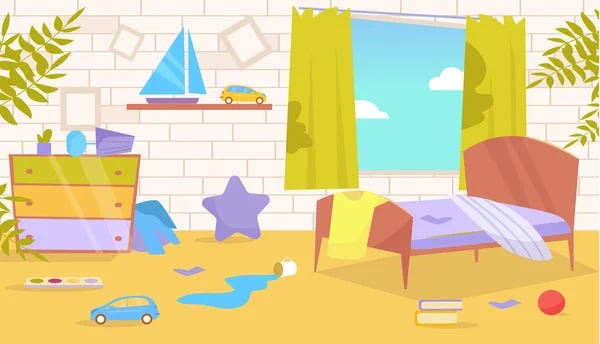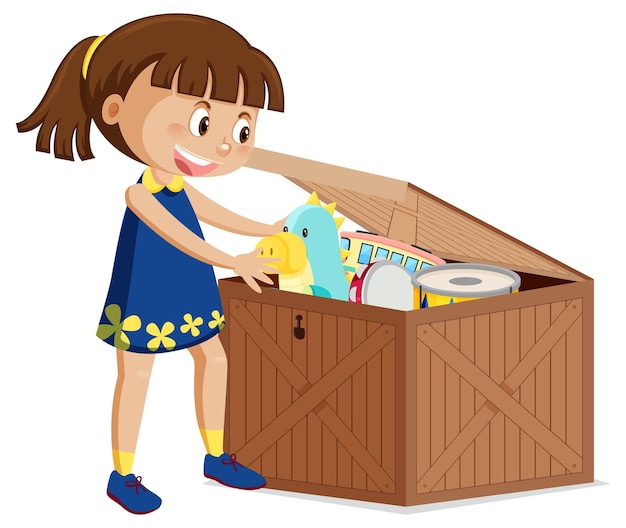Building responsible children
From Messy Play to Mastering Chores
Arun is playing with toys. After playing, he leaves them scattered on the ground, neglecting to return them to their place. His caregiver reminds him to tidy up after playtime, Arun agrees but fails to follow through. This pattern of behaviour persists across his other activities.
What just happened?
Arun is having trouble understanding why it's important to finish his tasks. He also needs to learn to keep his promises and take responsibility for his actions.
But, why is being responsible important?
Being responsible means you take charge of your tasks and do your part. It's like promising yourself (and others) you'll get something done. This helps in two ways:
Personally: You feel good knowing you're reliable and can be counted on. It builds trust and self-confidence.
Professionally: People who are responsible are seen as dependable and trustworthy. This can lead to more opportunities and success at work or school.
The opposite of responsibility can cause problems:
If you're not responsible, you might miss deadlines, forget things, or leave messes for others to clean. This can lead to arguments and make it hard to work with others.
How do we build responsibility in children:
Build perspective- Instead of always completing tasks for your child, help them see the bigger picture. Let them experience the negative impacts of leaving things undone. For example, if they forget to put away their toys, it might be harder to find them later when they want to play.
Break it Down & Make it Fun: Instead of a vague "clean up," break down the task into small, achievable goals for the child. Ask them to tackle their toys in categories, like blocks, soft toys, and so on. Turn it into a game! Use a timer for a playful race to beat their personal best or put on upbeat music to make cleaning up more enjoyable.
Empower with Choices: Ditch the dictation and offer them control over how they want to help. Give them two options, like "Do you want to help in putting the clothes in the washing machine or in keeping them in the almirah" This fosters a sense of ownership and makes the task less daunting.
Start small and build consistency- Initially, help the child with chores and slowly build their independence. There might be times when they don't feel like doing something. At those points, a collaborative approach such as "Why don't we do this together and discuss ways to make this fun?" might help.
Habit Building with Rituals: Just like James Clear in "Atomic Habits," create a routine that signals the end of playtime. Sing a song, say a rhyme, or do a silly dance together - whatever helps the child connect putting away toys with finishing up.
Lead by Example & Delegate Tasks: Lead by example and delegate tasks. Let the child see you cleaning up your own belongings. Narrate your actions, for example, "I'm putting away my coffee cup so the counter is clear." Empower them with small chores too. The child can wipe their dining area with a damp cloth or clear their plate after meals. These tasks build responsibility and a sense of accomplishment.
Positive Reinforcement & Gentle Reminders: Use positive reinforcement and gentle reminders. Acknowledge the child's progress with a "Wow, half the toys are away already, that's fantastic!" For occasional forgetfulness, a gentle reminder about keeping toys safe and the play space enjoyable works wonders.
Remember, building responsibility is a collaborative experience. Work with the child, celebrate their efforts, and make chores a fun and positive part of your routine together.
Related articles:









